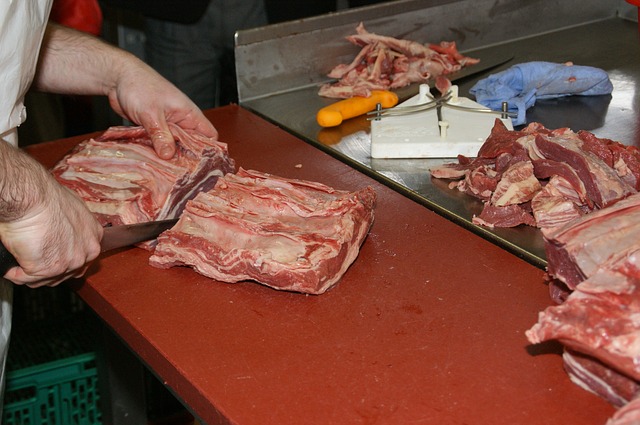A Wisconsin court recently ruled that the state’s the right to farm law protects agricultural uses and practices only from actions for damages or abatement, and not forfeiture.
In Village of Black Earth v. Black Earth Meat Market (BE Meats), the defendant is a slaughterhouse and retail meat business in the Village of Black Earth, Wisconsin, regularly receiving delivery of animals from third parties. According to the company, “animals are only present at BE Meats for a short period of time as the slaughterhouse does not have the capacity to house, feed or otherwise take care of live animals for any extended period of time.”
Between October 2013 and January 2014, the Village of Black Earth municipality issued BE Meats ten citations for ordinance violations, including street obstruction and pollution. BE Meats appealed the citations alleging that Wisconsin’s right to farm law precludes the Village from issuing citations for their alleged violations of the ordinances.
The court considered Wisconsin’s nuisance statutes and whether the state’s right to farm law authorizes municipalities to maintain actions “to recover damages or to abate a public nuisance.” The court determined that “the right to farm law protects “agricultural use(s) and agricultural practice(s) from actions for damages or abatement and nothing more. Nothing in the right to farm law strips municipalities of any authority they may have to impose forfeitures, including authority to regulate an agricultural use pursuant to their police powers.”
Here, the plaintiff, Village of Black Earth, did not bring a nuisance action against the defendant to recover damages or to abate a public nuisance. Instead, the plaintiff issued forfeiture citations for ordinance violations pertaining to noisy animals, street obstruction, street pollution, and an idling vehicle. The plaintiff never issued a nuisance citation.
Critically, the court also rejected BE Meats’ argument that an action for forfeiture, where the remedy sought is a monetary forfeiture for an ordinance violation, amounts to a nuisance action to abate or to enjoin a public nuisance.
